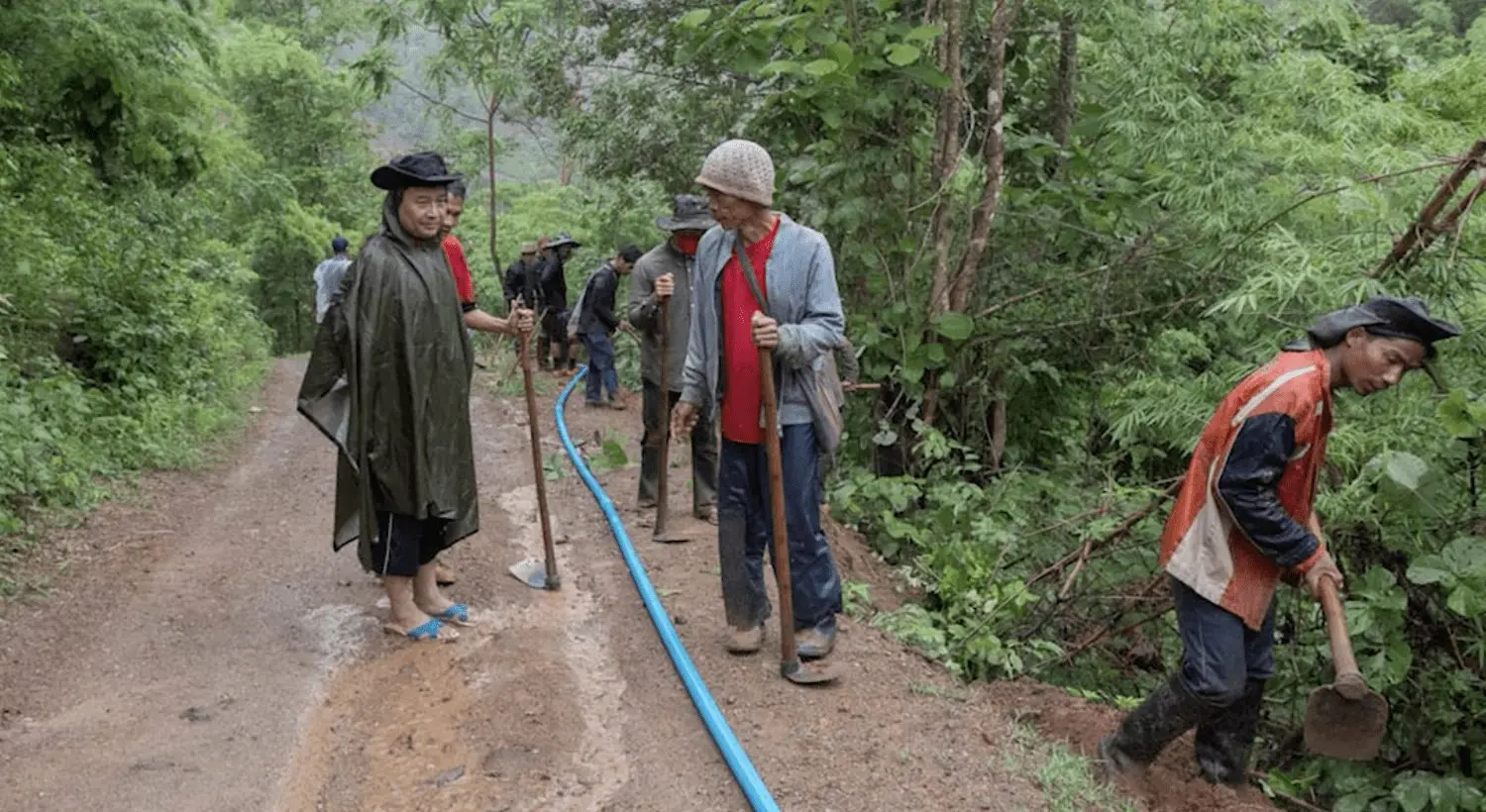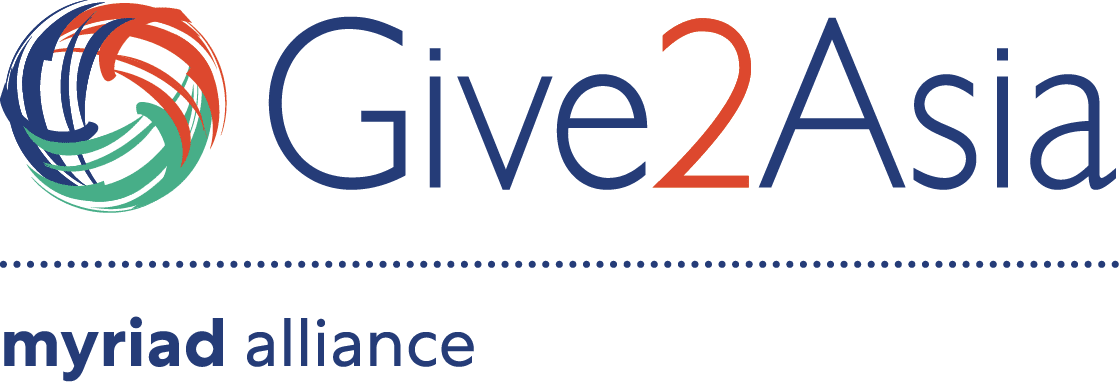The unprecedented level of food security grants in response to the COVID-19 pandemic reveals new insights and strategies for funders.
 by Tiffany Cao, Philanthropy Advisor
by Tiffany Cao, Philanthropy Advisor
Food security has long been recognized as an effective, much-needed response to the devastation from natural disasters. During the COVID-19 pandemic, food relief became a central need—and an area that Give2Asia targeted in our response activities. COVID-induced lockdowns made it unsafe and difficult for communities to travel to the grocery store. Even as lockdowns lifted, rising unemployment left many families without the financial means to purchase food. Vulnerable populations—such as day laborers, low-wage workers, persons with disabilities, and the elderly—were among the most acutely affected.
In 2020, Give2Asia’s donors enabled a record number of 70+ grants to local food security-related projects across the Asia-Pacific region. Based on this work, here are three of our learnings:
Learning #1: Organizations not typically involved in food relief can be valuable partners.
During a crisis, local nonprofits of all types can be uniquely positioned to provide relief. In response to on-the-ground needs, our grantees leveraged their local resources and acted swiftly and creatively.
Organizations whose activities were historically focused on other priorities pivoted to food distribution, leveraging their regional connections. For example, Mehnaz Fatima Educational Welfare Organization’s mission has long been to educate young children and children with special needs in Pakistan. During the pandemic, the organization delivered over 360,000 meals across its home region of Gilgit-Baltistan.
Learning #2: Hygiene kits and other essentials can be value-adds to food ration distribution.
In the COVID context, health and safety go hand in hand with food security. Many of Give2Asia’s partner organizations use food distribution as an opportunity to include hygiene and sanitation kits, school essentials for children, and educational materials. Though this approach, grantees can advance longer-term goals while meeting an immediate need.
Learning #3: Food security takes many forms, not just ration packages.
Ration packages with a few weeks’ worth of family meals are the dominant method of ensuring food security among vulnerable families and individuals. Being embedded in communities, Give2Asia’s in-country partners tailor food procurement to meet local needs and contexts.
Another way to address food insecurity is through community-run food pantries, like Taiwan Family Association’s, where community members can donate and take food freely. Other organizations, such as the Philippine Disaster Resilience Foundation, implement food vouchers, providing beneficiaries with the freedom to select their foods and grocery store.
However, supporting longer term food security requires systemic programming that goes beyond food relief. Strategic investments in livelihood strengthening, supply chain diversification, and resource management enable communities to address the causes of food insecurity.
Case Study: The Karen Hilltribes Trust
Water resource management, particularly in disaster-prone areas, is one way to systemically improve long-term food security for communities. The Karen Hilltribes Trust recently completed the construction of 9 new irrigation systems in Mae Hong Son Province, Thailand. Before the project, the Mae Hong Son’s Karen villages did not have a reliable source of water, a critical resource for the community’s subsistence farming practices. Food shortages were frequent, exacerbated further by crop damage during floods. Such compounded disasters have been common during the pandemic and increase stresses on communities. With the installation of dams and irrigation systems, villages farmers can now increase their crop production and improve the disaster resilience of their food sources, especially during crises.
Through the ongoing pandemic, Give2Asia’s partners have worked tirelessly to support the food needs in their local communities. As the Delta variant continues to sweep through vulnerable populations, there remain many opportunities for donors to make an impact a positive impact and ensure food security across the region.

Photos courtesy of Blue Dragon Children’s Foundation and Karen Hilltribes Trust



